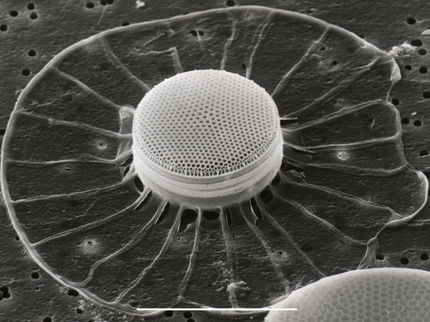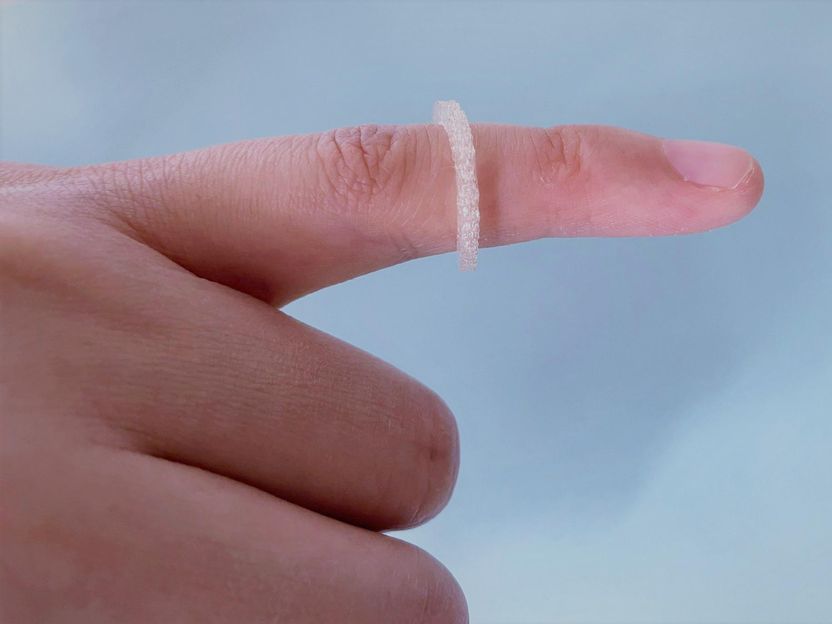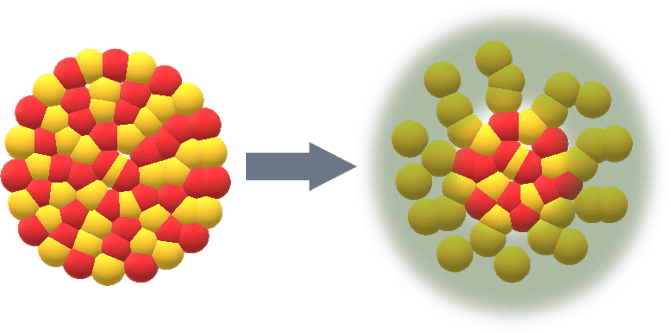Sustainable fertilizer from urine
Citizen Science project invites you to join in
Could human urine soon become a sustainable fertilizer for our gardens? This is exactly what the citizen science project "U-Cycle" is investigating, inviting amateur gardeners across Germany to try out this innovative idea.
Here on Earth, we (still) have enough resources available to extract plant nutrients using a lot of energy and by exploiting fossil deposits. These nutrients end up in the soil as fertilizer, are absorbed by plants and consumed via our food chain - only to end up in the sewage system via our excrement. But what if we could recover these nutrients from our own excrement?
A process developed by the German Aerospace Center (DLR) called Combined Regenerative Organic food Production - C.R.O.P.® for short - makes exactly that possible. Originally developed for astronauts on space stations, this process converts urine into a safe, pollutant-free and germ-free recycled fertilizer. It completely dispenses with chemical additives and instead relies on natural metabolic processes. This concept is now being brought to earth in the "U-Cycle" research project.
The research project, which is funded by the German Federal Environmental Foundation (DBU), is being carried out jointly by the Leibniz Institute of Vegetable and Ornamental Plant Research (IGZ) and the Leibniz Centre for Agricultural Landscape Research (ZALF). Participating small, community, school and home gardeners are testing the effect of the C.R.O.P. fertilizer on plant growth and the soil. Currently, real urine is not yet approved as a starting material for fertilizer production, so the fertilizer was made from synthetic urine. Before the practical application, the participants receive training materials and have access to online consultation sessions. They discuss their observations together with the researchers in dialog rounds.
In addition, the acceptance and market potential of the recycled fertilizer will be investigated in order to find socially acceptable ways of using it. Potential markets and obstacles for this sustainable technology are identified in workshops and interviews with companies from the recycling industry.
The results from the first year of the project so far show a promising fertilizer effect. Therefore, all of the 55 participants so far can imagine that urine-based fertilizer could replace synthetic alternatives in the long term. Although only a few had already fertilized with urine themselves before the project began, almost all of them are in favour of the approval of human urine for the production of fertilizers.
Note: This article has been translated using a computer system without human intervention. LUMITOS offers these automatic translations to present a wider range of current news. Since this article has been translated with automatic translation, it is possible that it contains errors in vocabulary, syntax or grammar. The original article in German can be found here.
Most read news
Other news from the department science

Get the chemical industry in your inbox
By submitting this form you agree that LUMITOS AG will send you the newsletter(s) selected above by email. Your data will not be passed on to third parties. Your data will be stored and processed in accordance with our data protection regulations. LUMITOS may contact you by email for the purpose of advertising or market and opinion surveys. You can revoke your consent at any time without giving reasons to LUMITOS AG, Ernst-Augustin-Str. 2, 12489 Berlin, Germany or by e-mail at revoke@lumitos.com with effect for the future. In addition, each email contains a link to unsubscribe from the corresponding newsletter.































































